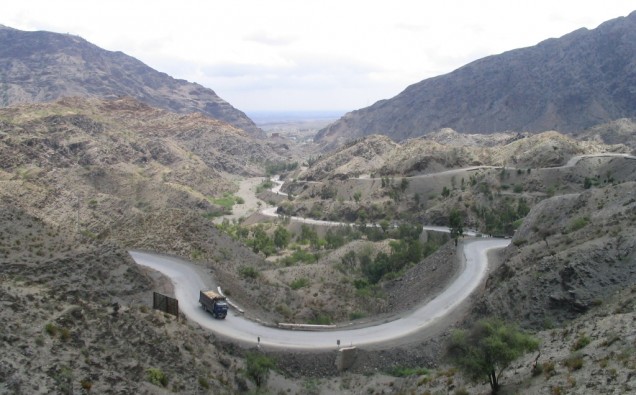
At the Khyber Pass
There is nothing spectacular
or even dramatic
in the climb
or the mountains
but
the air is almost tense in its
silence
so insolently indifferent
to me
and my times
here: all is awe and hush
far beyond the Pass : Kabuls and Samarkands,
all that the urban imagination conjures in nostalgia,
the mainsprings of conquest,
that flooded
the fat lands this side of the Pass: Delhi and Agra
the irresistible lakes of journey’s end
the ear
strains to hear,
and almost does,
the distant din of battle
the clang and clamour of men at war
steel ringing on steel
cries of death
and victory
of hooves galloping hard from Ghor
for the secret treasures of the Ganges
kingdoms rising as swiftly as the stroke of a scimitar
and vanishing as swiftly
these putty-coloured mountains
seem to suggest with supreme indolence,
you
who would stride and strut and swear
look on us and wonder.
They say
there was an Empire once. And that recently.
On which the sun never set.
Today its legacy is a toy rain,
some cement blocks in tidy heaps
(to stop German tanks, if you please)
and
some insignia and escutcheons scratched
like military badges
on the shoulders of wayside rocks:
fading and exotic memories of Gurkha and Sikh,
plump, open-mouthed, lizards
sitting so still
they could be part of the regimental emblem.
Like wind they came, like water they left,
the thousands of soldiers, the thousands of years,
passages long gone, long forgotten
in this catacomb of desire and history.
Afridi and Shinwari
and before them
old Tahtarra
watch from eagle eyes
oh conqueror gaze on these and wonder
oh traveler be warned and step softly
the hills seem to know and the air whispers
this evanescent journey
this mad rush
will continue
will remain as desperate and as passionate
as of yore
but to this end we must come:
silence beyond and silence behind;
to this end
teasing imagination leads us;
and leaves us.















